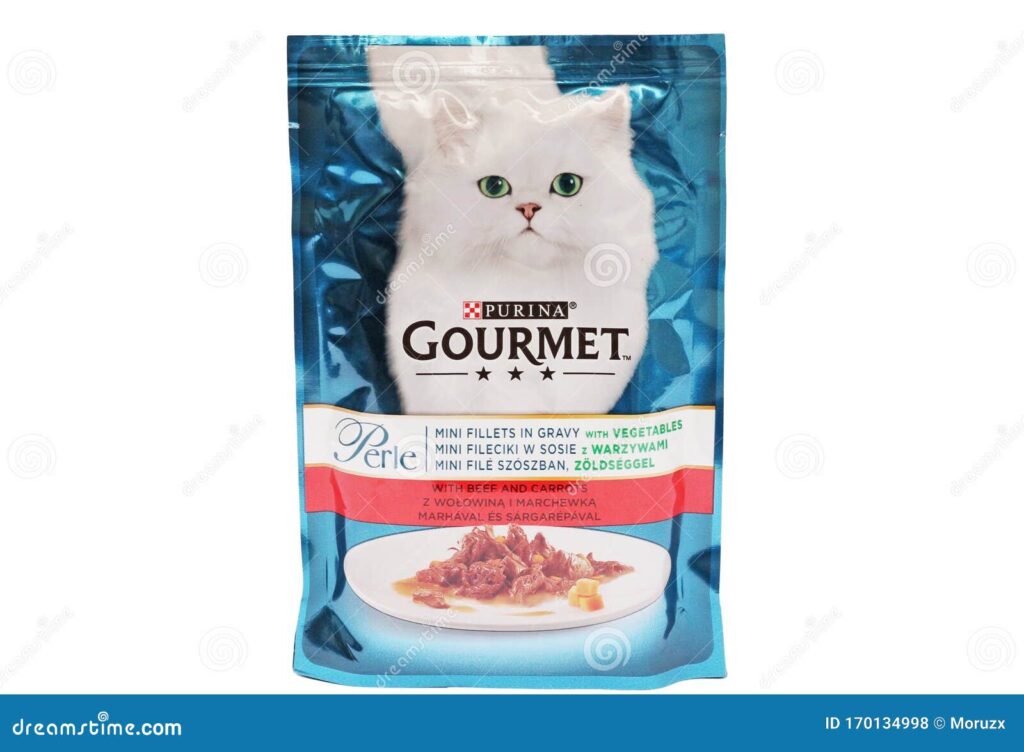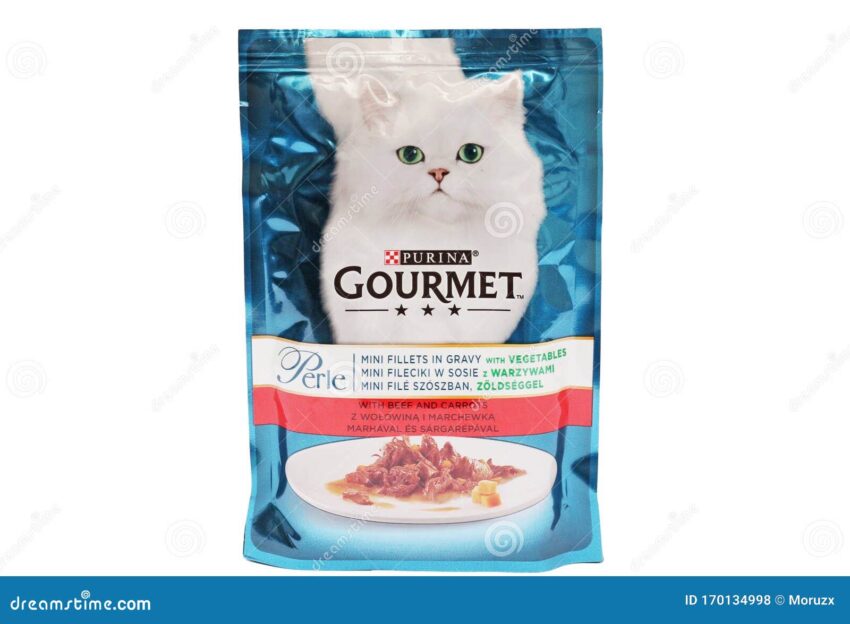
Carrot Cat Food: Is This Vegetable a Safe and Healthy Treat for Your Feline?
As pet owners, we’re always looking for ways to enrich our cats’ diets and offer them healthy treats. The question of whether carrot cat food is a viable option has been circulating among feline enthusiasts. Carrots, known for their nutritional benefits for humans, prompt the question: can cats safely enjoy this vibrant vegetable? This article will delve into the safety, potential benefits, and risks associated with feeding your cat carrots. We will explore whether carrots can be a healthy snack, the appropriate preparation methods, and the nutritional value they offer to our feline companions.
Nutritional Value of Carrots for Cats
Carrots are packed with vitamins and minerals, which are beneficial for humans. But what about cats? Carrots contain:
- Vitamin A: Essential for vision, immune function, and skin health.
- Vitamin K: Important for blood clotting and bone health.
- Fiber: Aids in digestion and can help with weight management.
- Antioxidants: Help protect against cell damage.
While these nutrients are beneficial, cats have different dietary needs than humans. They are obligate carnivores, meaning their primary source of nutrition should come from meat. Consequently, vegetables like carrots should only be considered as occasional treats, not as a staple part of their diet. Even with the potential benefits, the question of whether carrot cat food is actually good for cats requires a deeper look.
Are Carrots Safe for Cats?
Generally, carrots are considered safe for cats in small quantities. However, there are a few factors to consider:
- Choking Hazard: Raw carrots can be hard and difficult for cats to chew, posing a choking hazard.
- Digestibility: Cats’ digestive systems are not designed to process large amounts of plant matter. Overconsumption of carrots can lead to digestive upset, such as vomiting or diarrhea.
- Added Ingredients: Commercially prepared carrot cat food might contain added sugars, salts, or preservatives that are harmful to cats. Always check the ingredient list before offering any commercial product to your feline.
Therefore, if you decide to offer your cat carrots, it’s essential to prepare them properly and offer them in moderation.
How to Prepare Carrots for Your Cat
If you’re considering adding carrots to your cat’s diet as an occasional treat, follow these preparation guidelines to ensure their safety and digestibility:
- Cook the Carrots: Steaming or boiling carrots makes them softer and easier for cats to chew and digest.
- Cut into Small Pieces: Dice the cooked carrots into very small pieces to minimize the risk of choking.
- Serve Plain: Avoid adding any seasonings, butter, or oil to the carrots. Cats don’t need these extra ingredients, and they can be harmful.
- Offer in Moderation: A few small pieces of carrot are sufficient. Treats should only make up a small percentage of your cat’s daily caloric intake.
Proper preparation is key to making carrot cat food a safe and enjoyable treat for your feline companion.
Potential Benefits of Carrots for Cats
While carrots should not replace a cat’s primary diet, they can offer some potential benefits when given in moderation:
- Dental Health: Chewing on small pieces of cooked carrot might help to remove plaque and tartar buildup, promoting dental health.
- Fiber for Digestion: The fiber in carrots can aid digestion and help regulate bowel movements. This can be particularly helpful for cats with occasional constipation.
- Vitamin A Boost: Carrots are a good source of Vitamin A, which is essential for maintaining healthy vision and a strong immune system.
It’s important to remember that these benefits are minimal and can be obtained from a well-balanced cat food diet. Consider carrot cat food a supplement, not a replacement.
Risks of Feeding Your Cat Carrots
Despite the potential benefits, there are also risks associated with feeding your cat carrots:
- Digestive Upset: As mentioned earlier, cats’ digestive systems are not designed to process large amounts of plant matter. Overfeeding carrots can lead to vomiting, diarrhea, or abdominal discomfort.
- Hypervitaminosis A: While Vitamin A is essential, excessive intake can lead to hypervitaminosis A, a condition that can cause bone and joint problems. This is more likely to occur if your cat is already receiving a balanced diet rich in Vitamin A.
- Sugar Content: Carrots contain natural sugars, which can contribute to weight gain and dental problems if consumed in excess.
Due to these risks, it’s crucial to exercise caution when offering carrots to your cat. Always prioritize a balanced cat food that meets their nutritional needs.
Alternatives to Carrots for Cat Treats
If you’re looking for healthier or safer treat options for your cat, consider the following alternatives:
- Commercial Cat Treats: Choose high-quality cat treats that are specifically formulated to meet your cat’s nutritional needs. Look for treats made with real meat and minimal additives.
- Cooked Chicken or Fish: Small pieces of cooked, unseasoned chicken or fish can be a healthy and delicious treat for your cat.
- Catnip: Catnip is a natural herb that many cats enjoy. It can provide mental stimulation and enrichment.
These alternatives are generally safer and more appropriate for a cat’s carnivorous diet than vegetables like carrots. [See also: Homemade Cat Treat Recipes] Before introducing any new treat, consult with your veterinarian to ensure it’s safe and appropriate for your cat’s individual needs.
When to Consult a Veterinarian
It’s always a good idea to consult with your veterinarian before making significant changes to your cat’s diet, including adding new treats. Your veterinarian can provide personalized advice based on your cat’s age, health condition, and dietary needs. Seek veterinary attention immediately if your cat exhibits any signs of digestive upset, such as vomiting or diarrhea, after consuming carrots or any other new food.
Commercial Carrot Cat Food: A Closer Look
Some commercial cat food brands offer products containing carrots. While these products are generally considered safe, it’s crucial to scrutinize the ingredient list. Ensure that carrots are not a primary ingredient and that the food contains sufficient protein from animal sources. Avoid products with excessive fillers, artificial colors, or preservatives. Remember, a balanced diet is key, and carrot cat food shouldn’t overshadow the importance of meat-based protein.
Conclusion: Carrot Cat Food – A Treat in Moderation
In conclusion, carrot cat food can be a safe and potentially beneficial treat for cats when offered in moderation and prepared properly. However, it should never replace a cat’s primary diet, which should be rich in meat-based protein. Always prioritize a balanced cat food that meets your cat’s nutritional needs, and consult with your veterinarian before making significant dietary changes. By following these guidelines, you can ensure that your feline companion enjoys a healthy and happy life. The key takeaway is that while carrots aren’t inherently harmful, they should be considered an occasional treat, not a dietary staple.
